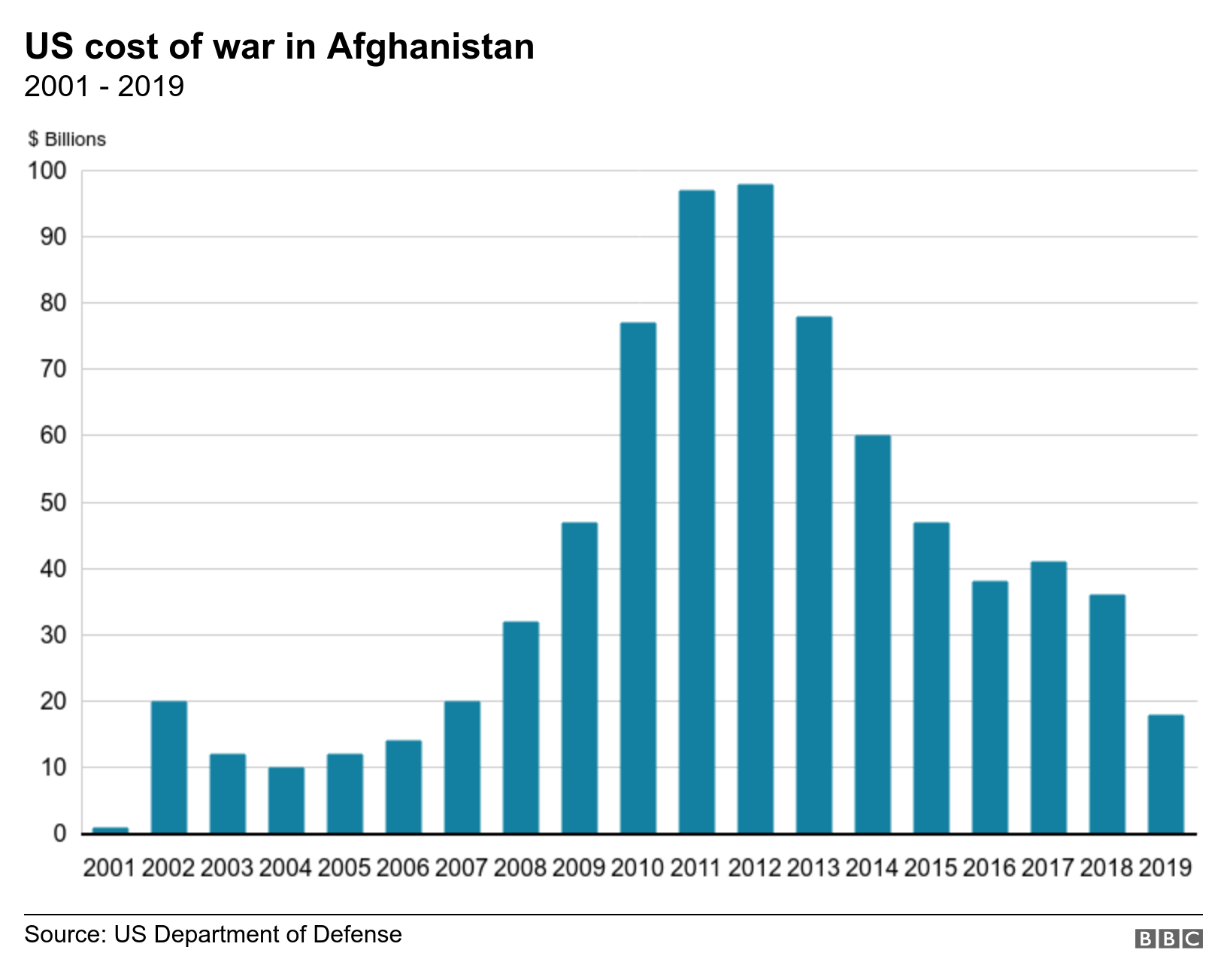Newly Published "Lessons Learned" in Afghanistan Reveals Countless Problems By Luke Perry
This week The Washington Post published hundreds of interviews from U.S. military and diplomatic officials regarding “lessons learned” from the war in Afghanistan. The interviews were conducted by the U.S. Special Inspector General for Afghan Reconstruction, a federal agency responsible for oversight of money allocated to Afghanistan.
The Post spent three years securing the release of these materials through the Freedom of Information Act and related lawsuits. Their work is a testament to the vital role newspapers play in keeping government accountable to the truth and public good. Several important lessons were revealed.
Photo by Kevin Dietsch/Getty
Countless public statements by U.S. presidents and generals about “making progress” and reaching a “turning point” did not reflect the internal sentiment that U.S. efforts in Afghanistan were extraordinarily difficult and consistently failing to produce a path to victory.
The mission was strategically incoherent. It was unclear who U.S. forces were fighting and why. The war began by deposing the Taliban for failing to assist in the capture of Osama Bin Laden. The subsequent 19-year struggle crippled Al-Qaeda, but could not eliminate the Taliban-led insurgency.
America was insufficiently equipped with Afghan experts and translators. The U.S. partnered with criminal warlords, then allowed these people, such as Fahim Khan and Abdul Rashid Dostum, to serve in the highest levels of Afghani government, even after allegations of rape, torture, murder, and war crimes.
Afghanistan was devastated from war, before and after the U.S. invasion, lacking physical and social infrastructure. The U.S. spent over a $1 trillion in aid and Department of Defense contracts, a large amount of which, knowingly ended up in the hands of insurgents, criminal syndicates, and corrupt officials.
Afghan opium production surged, reestablishing Afghanistan as the global supplier of heroin, fueling the insurgency. Afghanistan is now responsible for 82 percent of the world’s opium.
775,000 American troops have been deployed in the Afghan war. Over 2,400 American military personnel died in the war. Over 20,000 service members were injured.
These soldiers, veterans and their families, who have sacrificed so much in Afghanistan, deserved better.
Their struggles endure. 11 to 20 percent of veterans who have served in Operation Enduring Freedom developed Post Traumatic Stress Disorder (PTSD). Over 6,000 of all veterans commit suicide annually, 20 veterans per day.
The loss of civilian life in Afghanistan is staggering. 1 in 5 of the 2,300 Afghans killed in the war were civilians. Over 8,000 civilians have been killed or injured.
Photo from U.S. Veterans Magazine
U.S. Special Forces killed Osama Bin Laden eight years ago. The new government has not transitioned into a stable, functioning democracy.
The Trump administration has been negotiating with the Taliban for months. The U.S. has little leverage to make a favorable deal. The war will eventually come to a quiet end.
Wartime decision making is one of the most difficult tasks facing presidential administrations. Americans cannot only hope, but must demand, the next generation of foreign policymakers avoid the mistakes that plagued our country’s longest war.
Luke Perry (@PolSciLukePerry) is Professor of Government at Utica College








